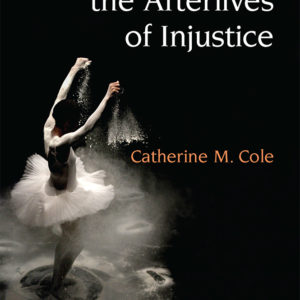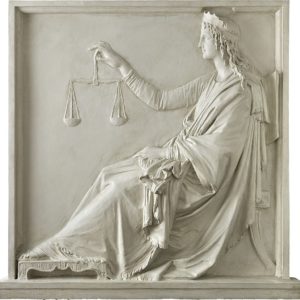
Keynote Address: “Regressing to Eugenics? Technologies and Histories of Recognition”
In her keynote address, Wendy Chun discusses how artificial intelligence reproduces and exacerbates ideologies about identity and contributes to the increasingly fractious politics of the twenty-first century. A leading thinker on the influence of new technologies, Chun is the Canada 150 Research Chair in New Media at Simon Fraser University. She also leads the university’s Digital Democracies Institute, whose purpose is to integrate research in the humanities and data sciences to address questions of equality and social justice in order to combat the proliferation of online “echo chambers,” abusive language, discriminatory algorithms and mis/disinformation.







